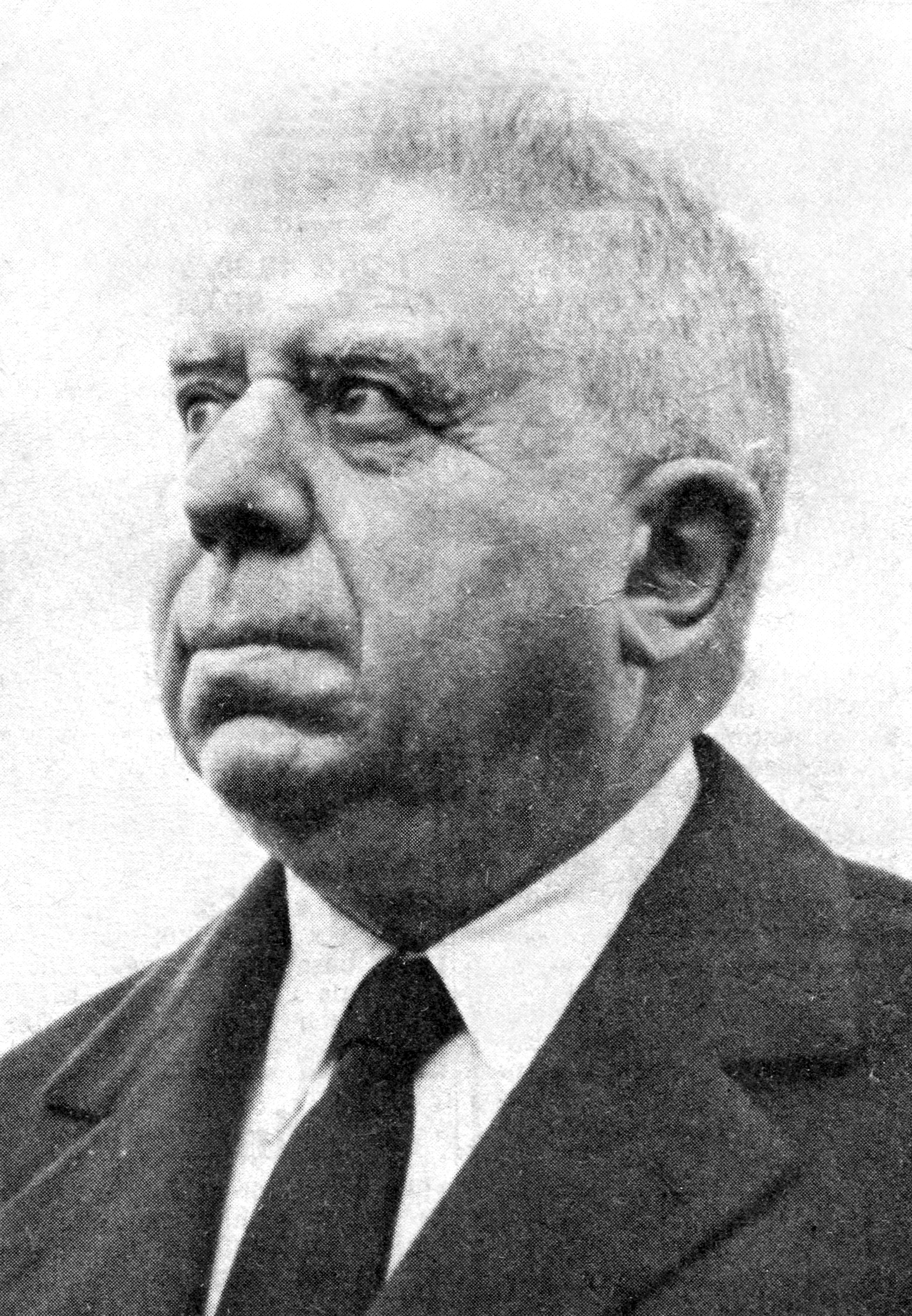I’ve always appreciated Montale, especially his supreme irony and basic mistrust for popular modes of thought and behavior. In this poem, one that I’d read years ago, but just stumbled upon a few days ago, I am reminded of how his thrusts at human hubris are still relevant.
In “Don’t Ask Me for Words,” the irony comes in the form the poet, a representative of words, art, posterity, and intellectualism, opens with a directive, for the reader to not request his words that might define humanity’s, or “our” soul, and makes comparison to the explanation of formless soul as a lone flower in a dusty field. Montale goes on to describe the plight of humanity’s desire to make a name for himself, to “stamp his shadow on a crumbling wall.” Finally, the poet acknowledges that he does not have the answers, the keys to unlock doors as he empties out humanity’s collective ego with the words “All I can tell you now is this: / what we are not / what we do not want,” a circular final line that leaves the reader wondering what he or she is. The greatest irony that I find in this poem, is the arrogance that Montale sees in humankind’s desire to easily unravel the mysteries of itself and then package up and save these kernels of meaning for posterity.
Don’t Ask Me for Wordsby Eugenio Montale(Genoa, 1896 – Milan, 1981; Nobel Prize for Literature, 1975)Don’t ask me for words that might defineour formless soul, publish itin letters of fire, and set it shining,lost crocus in a dusty field.Ah, that man so confidently striding,friend to others and himself, carelessthat the dog day’s sun might stamphis shadow on a crumbling wall!Don’t ask me for formulas to open worldsfor you: all I have are gnarled syllables,branch-dry. All I can tell you now is this:what we are not, what we do not want.Poem from Cuttlefish Bones, 1920-1927, trans. by William Arrowsmith, W. W. Norton, New York, 1994, p. 41.]
